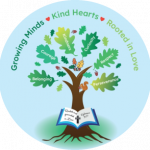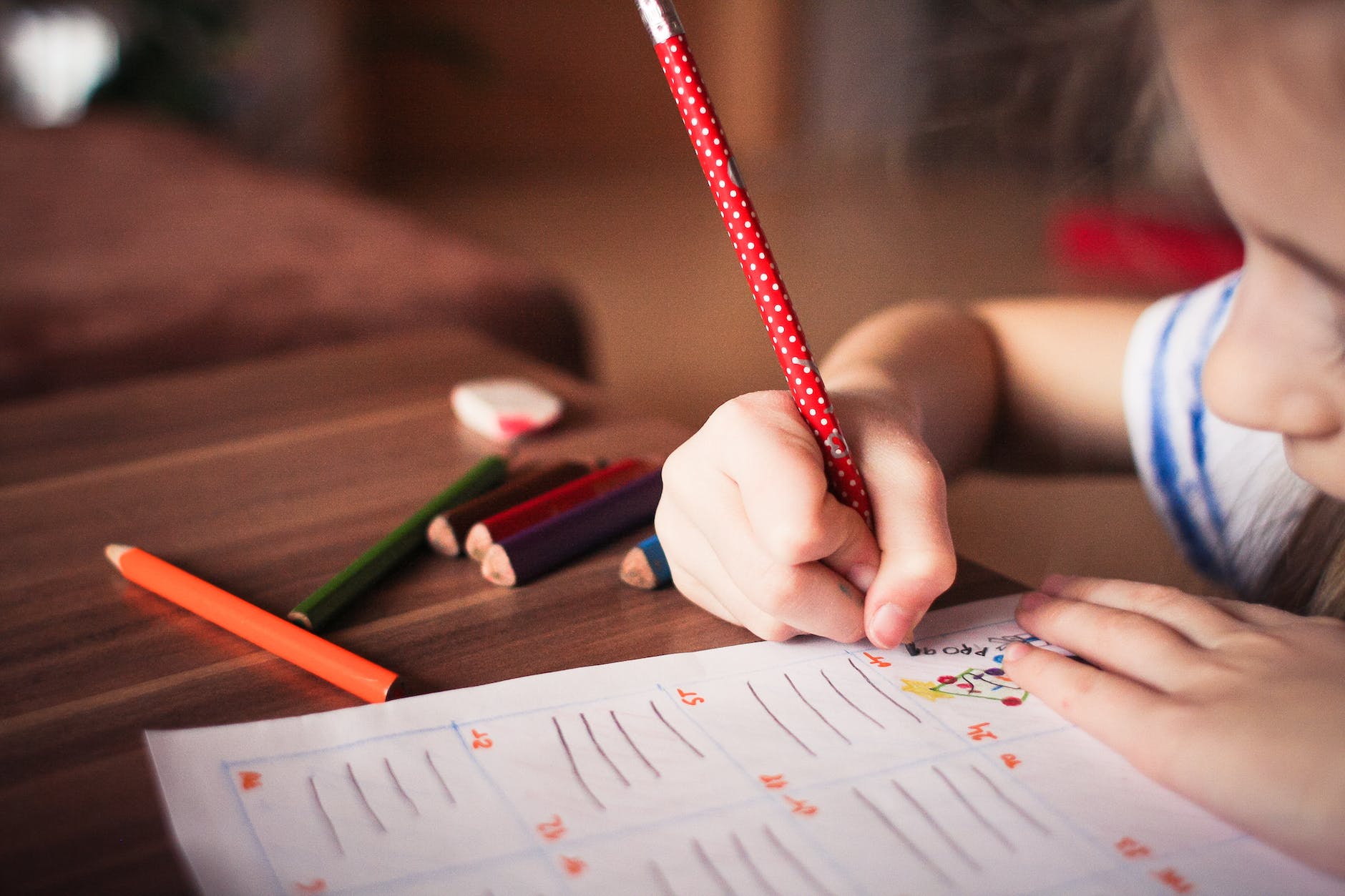“Growing Minds, Kind Hearts, Rooted in Love”

Our Curriculum
Subject Areas – English Vision
Note: For 2024-25 we are currently on Year B

Intent
Implementation
At Worlingham CEVC Primary school children will experience quality opportunities to listen to, read and write about a range of different genres not only in their English lessons but across the wider curriculum. Purposes for their writing, with links to themes covered in other areas of the curriculum, are clearly mapped out for each year group, alongside a clear progression of knowledge and skills for the whole school.
It is our intention to ensure that all children become effective communicators in the world beyond the classroom.
With regards to speaking and listening, we aim for our children to be able to speak clearly, fluently and coherently, to be able to listen attentively with understanding, pleasure and empathy and contribute to group discussions effectively.
We achieve this by:
• Giving our children confidence in themselves as speakers and listeners by showing them that we value their conversations and opinions. We also encourage a respect for the views of others.
• Being aware that as adults, we provide a model of speakers and listeners in our day-to-day interactions with them and with other adults in our school.
• Helping them to articulate their ideas and provide purposes and audiences for talk within a range of formal and informal situations and in individual, partner, group and class contexts.
• By providing opportunities to perform to a larger audience, in assemblies and productions, where children’s efforts and skills are acknowledged by staff, parents, carers, visitors and peers.
• By providing a range of experiences where children can work collaboratively and participate in opportunities to reflect on talk and explore real and imagined situations through role play, hotseating, drama and discussions.
• By developing the children’s ability to listen with attention and understanding in all areas of the curriculum and where necessary, asking and responding to questions appropriately.
• Encouraging children to act as a guide for visitors to school or representing the school on educational visits outside of the classroom.
With regard to reading, children are given opportunities to explore different text types, across all year groups and are therefore systematically exposed to a variety of genres. Children are taught to understand text variety and recognise their purpose and organisation with opportunities to develop reading comprehension strategies and vocabulary extension.
Through our sustained approach, children become inquisitive about language and its structure and actively read for meaning. They also develop widening knowledge and use this to make connections between subjects and aspects of learning. As a result of this, children develop an enquiring mind, which leads to children’s enhanced creativity.
It is our intention that all literature promotes our school values, thus embedding characteristics of effective learning and citizenship.
We achieve this by:
• Teaching phonics systematically daily, with a relentless drive to address the needs of all learners.
• Beginning in Early Years with wordless books, to establish book behaviours, book talk and to grow vocabulary.
. • Using a school reading scheme that is carefully matched, in the first instance, to children’s phonic phases.
. • individual reading in KS1 and targeted in KS2.
• All classes taking part in story times, visiting the library and paired reading with other classes throughout the week, to continue to foster a love for reading.
• Shared reading of whole class texts across the school, giving teachers opportunity to use a ‘sub-conscious’ voice and model characteristics of an effective reader.
• Teachers engaging children through modelling effective story-telling techniques including intonation and pace.
• Guided reading/ comprehension lessons used to target and extend children’s knowledge and understanding of texts.
• Incorporating performance poetry, drama and debating opportunities in order to hook children and develop empathy.
With regards to writing, vocabulary rich books are chosen to both stimulate and challenge the children, leading to high quality writing outcomes. Children are given the opportunity to develop knowledge, skills and attitudes to write effectively for a range of purposes and audiences.
It is our intention that children learn to write clearly, accurately and coherently and are able to spell new words by effectively applying the spelling patterns and rules they learn throughout their time in primary school. We recognise that handwriting is part of our daily lives; it is on show to others. Therefore, we encourage our children to take pride in the presentation of their writing, in part by developing a good, joined, handwriting style.
We achieve this by:
• Providing experiences where the children can acquire confidence and a positive attitude to writing.
• Developing and sustaining writing skills by providing opportunities for children to write for a range of purposes and audiences.
• Teaching children to develop their ability to organise and present writing in different ways.
. Using shared and guided writing to model writing skills, which cover the success criteria we expect to see in the children’s work.
• Teaching children how to compose, amend and revise their writing.
• Teaching children to become critical readers of their own and others writing by using self and peer-evaluation to check work independently for sense, accuracy and meaning.
. Providing children with time to improve their writing based on feedback from their teachers and peers.
• Teaching grammar and punctuation in the context of children’s own writing, as well as through discrete lessons.
• Teaching spelling systematically to ensure that children understand the link between phonics teaching and phonically plausible spellings. As children move into Y2 and KS2, sight words are spelt with increasing accuracy.

